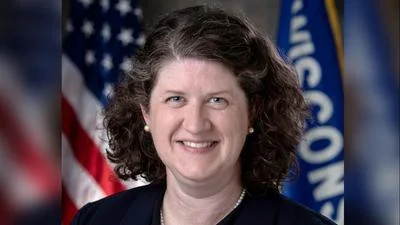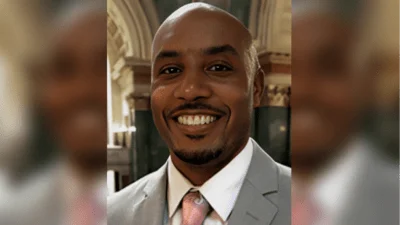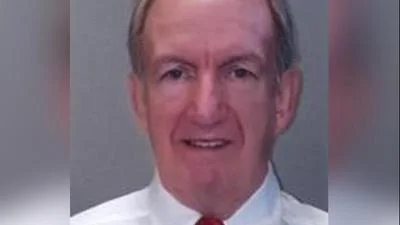President Laurie A. Carter | Official website
President Laurie A. Carter | Official website
Lawrence University junior Zachary Hogan has received a $5,000 grant from the Wisconsin Space Grant Consortium (WSGC) to support his research on Mars. The geosciences major from Warrenville, Illinois, is investigating the deterioration of ice cliffs at Mars' poles. His goal is to determine the annual volume of material shedding from these ice slopes, which could contribute to further Martian surface studies. Hogan will present his findings in August and publish them in WSGC's student publication.
“The north pole of Mars has these really interesting spiral canyons we call spiral troughs—a spiral shape leading out from the north pole,” Hogan explained. “We look at a ledge in 2005 and then in 2020 to see how much it’s collapsed. The idea is to understand the processes that are leading to this and what causes such a strange formation to exist.”
Hogan is one of two Lawrence students awarded a WSGC grant this year. Sydney Closson, another recipient, is working on her project titled “A comprehensive review of the rheology and geophysics of icy moons in the outer solar system.” This marks Closson's second research endeavor funded by WSGC.
Hogan's research considers Martian weather patterns as ancient ice formations deteriorate, releasing dust into Mars' thin carbon dioxide atmosphere. “This ice has a lot of dust trapped in it,” he noted. “It’s like a glacier, but it doesn’t flow... That dust is released, and it’s interacting with the surrounding environment and spreading across the surface of the planet.”
His interest began in high school after seeing images of Martian cliffs. At Lawrence University, faculty supported his exploration into this field through various projects including one with Professor Jeff Clark that tracked cliff progression along Lake Michigan using drone imagery.
“I didn’t realize I would have the time or ability to work on something like this," Hogan said about his academic journey at Lawrence University. "The approach to learning in the Geosciences Department is very commendable."
Looking ahead, Hogan plans further education in space sciences followed by pursuing a Ph.D., leveraging skills gained through structuring research questions and planning funding usage.
“There’s a lot of skills I’ve gained from this," he added regarding his ongoing project experience.






 Alerts Sign-up
Alerts Sign-up